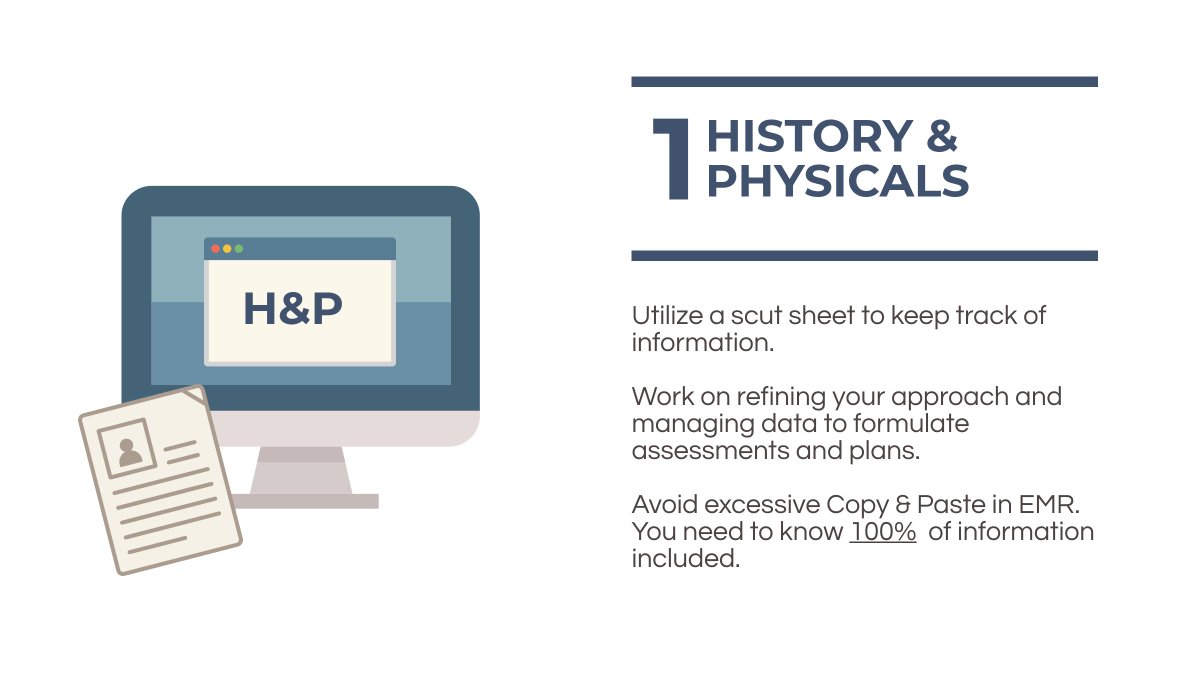Does knowing type of diabetes matter to clinicians and trainees
Yes, will try to explain why in this #tweetorial #medtwitter #MedEd #diabetes
Still hear residents/fellows start with 49 yo f with diabetes or insulin dependent diabetes or non insulin dependent diabetes...
Type 1 diabetes: automimmune, usee to be called juvenile-onset or insulin dependent
Clearly need insulin at diagnosis
Typically lean, onset peaks during teenage years but can occur at later age..
Can check c-peptide with simultaneous glucose, GAD 65 Ab, IA2 Ab.
LADA, latent autoimmune diabetes in adulthood
Often misclassified as type 2, think in non-obese with onset in 30s, 40s
Often started on oral glucose lowering medications, not controlled for very long... end up needing insulin
May have antibodies found in type 1
MODY, maturity onset diabetes of youth
Now called mongenic diabetes, strong family history +
No autoimmunity
Seen in teens and young adults, often before age 30
Common types can be indolent, one subtype with genetic testing respond great to sulfonylureas
MODY ..contd...
genetic testing testing has treatment implications
Some with glucokinase mutations have indolent non progressive course, others may need insulin..
Ketosis probe diabetes, also called Flatbush diabetes...
Phenotypically appear like Type 2... frequently present in diabetic keto acidosis... misclassified as type 1 as a result
Although need insulin at diagnosis, can be treated with oral agents down the line
Type 2 diabetes
Called non-insulin dependent historically but a misnomer
With increasing obesity, children diagnosed more often with this
Progressive decline in beta cell function overtime... on avg most require insulin 8 yrs from diagnosis... can help pts accept insulin
Don’t forget other reasons of diabetes
Cushing’s, lipdystrophy, acromegaly, hemochromatosis... medications such as steroids, statins, immunmodulators, atypical antipsychotics, etc., chronic pancreatitis and others
@MedTweetorials @aoglasser @AvrahamCooperMD @medicalaxioms
#Tried to fix the flow..hopefully better
Have learners commit to what type of diabetes it is in their notes and in their minds
May result in thinking about diabetes beyond type 1 and 2 and help change treatment plan/prognosis/follow up
@MedTweetorials #MedEd #diabetes









